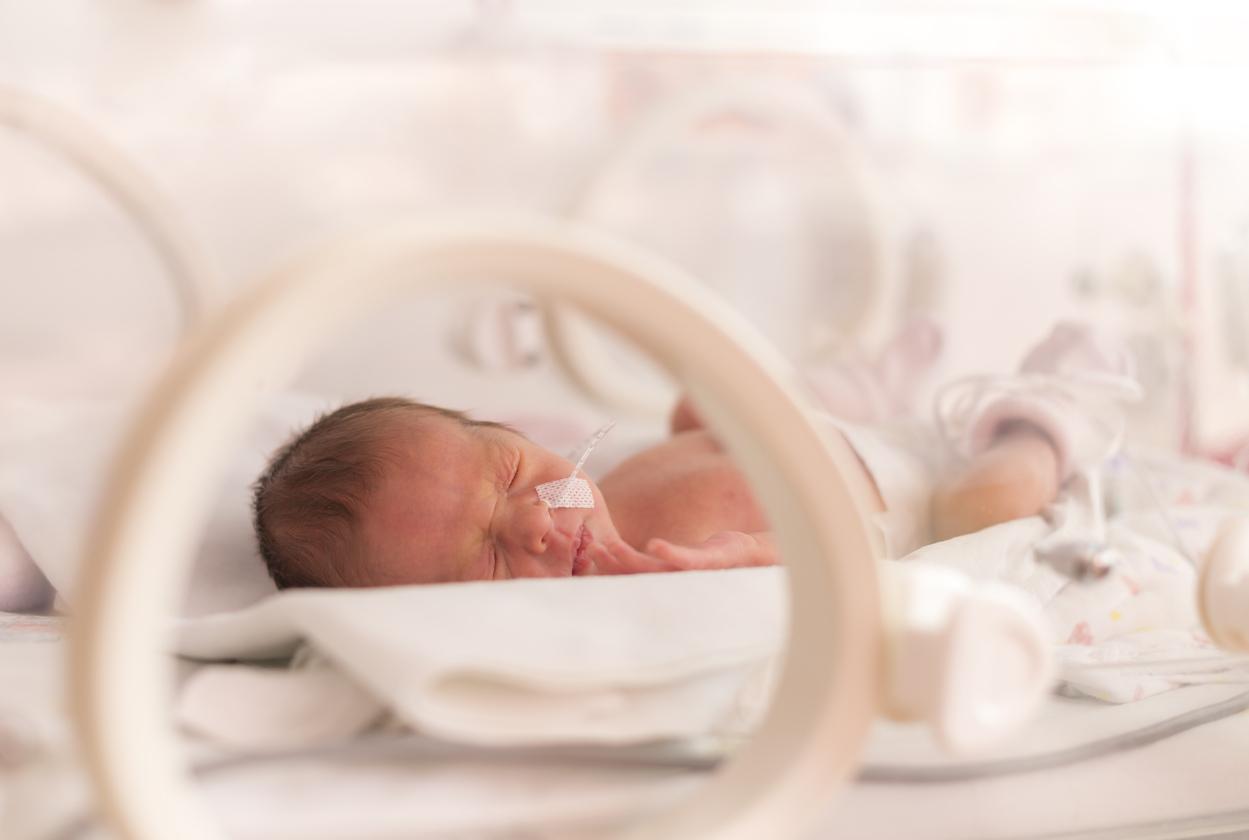Banning smoking from public places is a good measure, according to a study by the University of Glasgow which highlights the impact of this ban on birth reduction premature in Scotland.
Scottish researchers analyzed the consumption of tobacco and the birth rates of all pregnant women Scotland, before and after the entry into force of the legal ban.
In total, data from over 700,000 women who were examined over a period of fourteen years. >> To read also: Tobacco: advice and solutions to stop smoking
Fewer mothers-to-be smokers
After the entry of the smoking ban in public places in Scotland in 2006, there was a significant drop in the number of smokers among expectant mothers. While there were 25% of pregnant women smokers before the law, they were only 19% after the introduction of the measure. At the same time, the country has seen a significant reduction in the number of babies born preterm or showing a lower than normal weight. >> To read also: Tobacco and pregnancy: why they do not mix well
These results published in the scientific journal Plos Medicine suggest that it is the lack of smoke in public spaces that has played a role in reducing the problems of the placenta and fetal growth seen in premature babies. Indeed, this reduction in prematurity has been observed in both non-smokers and women who continued to smoke during pregnancy. >> To read also: Being born premature increases the risk of autism
This study confirms not only tobacco but also passive smoking as an important risk factor for prematurity.
These findings provide “further evidence of the health benefits of anti-smoking legislation,” commented Dr. Daniel Mackay, author of the study, at the BBC. Research will now focus on the effects of tobacco at home and in confined spaces where children and cars are present.
Numerous studies have highlighted the beneficial health effects associated withsmoking cessation, in particular on the reduction of asthma in children and cardiovascular diseases. >> To read also: Asthma: how to prevent and calm a crisis
















